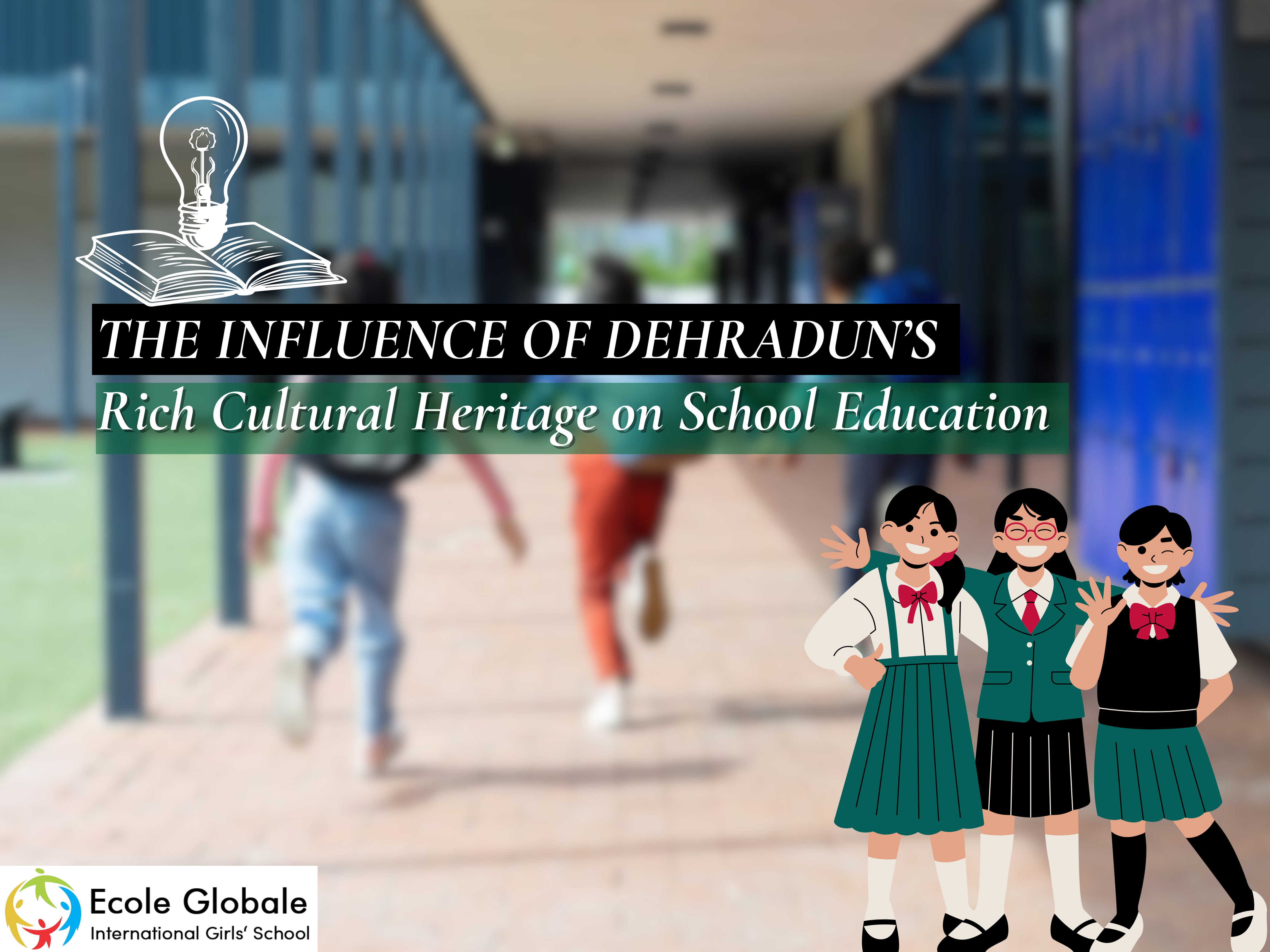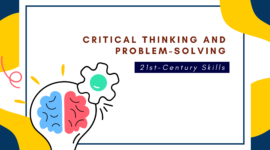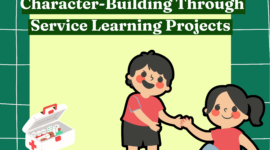Dehradun, often referred to as the “School Capital of India,” is not only renowned for its premier educational institutions but also for its deep-rooted cultural and historical richness.
Nestled in the tranquil Doon Valley, the city offers a blend of natural beauty, spirituality, and tradition, which significantly influences its educational framework. This synergy between heritage and education makes Dehradun an exceptional hub for holistic learning.
Dehradun’s cultural heritage is woven into the fabric of its educational institutions, setting a benchmark for a well-rounded and immersive learning environment.
Historical Significance and Educational Rich Cultural Heritage
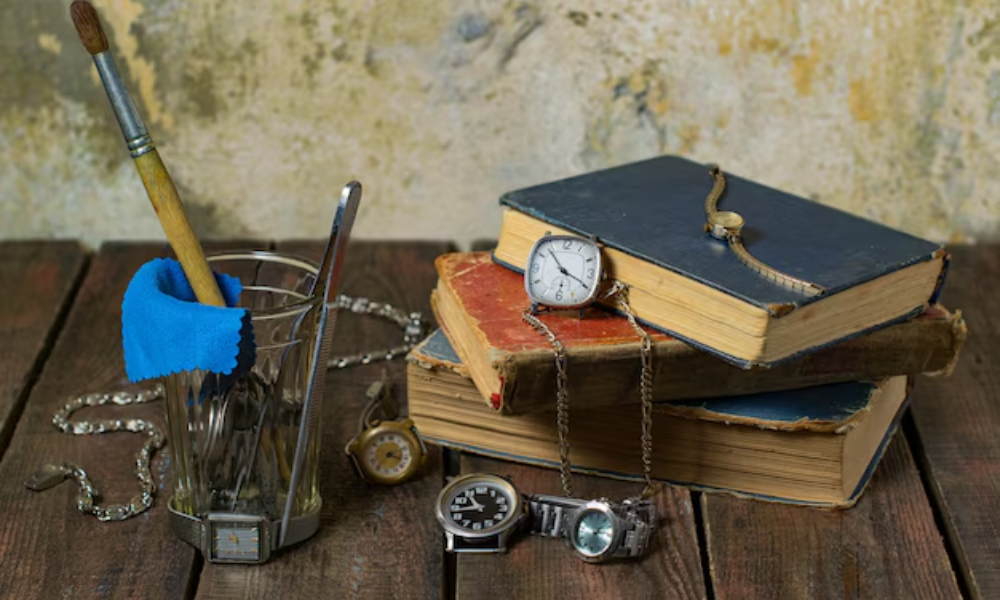
Dehradun’s legacy as an educational hub dates back to the British colonial era. Prestigious schools like The Doon School, Welham Boys’ School, and Welham Girls’ School are exemplary models of how historical values and cultural insights have been seamlessly integrated into modern education.
- Curriculum Design: Schools in Dehradun prioritize incorporating local history and traditions into their curricula. For instance:
- Lessons on the Garhwali and Kumaoni cultures are woven into history and social studies.
- Field-based learning encourages students to explore historical landmarks like the Forest Research Institute (FRI) and the Indian Military Academy (IMA).
- Architectural Influence: Schools reflect colonial-era architectural grandeur, with large green campuses fostering an ideal learning atmosphere.
Expanded Insight: Unlike competitors, this article emphasizes the role of colonial architecture and its continuing impact on creating serene, intellectually stimulating spaces.
The Role of Festivals and Local Traditions in Schools
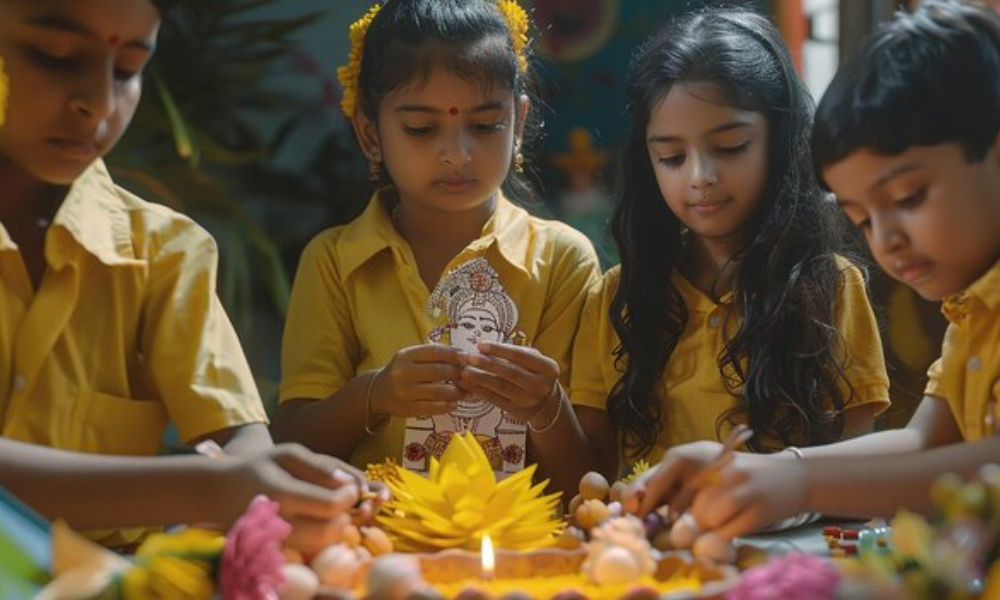
Dehradun schools emphasize celebrating local and national traditions, fostering a sense of unity in diversity.
Celebrating Diversity
Schools across the city organize festivals with zeal, blending cultural education with entertainment. Traditional Garhwali and Kumaoni festivals like Basant Panchami, Ganga Dussehra, and Harela are given prominence alongside mainstream Indian celebrations. These events are instrumental in teaching students values of respect, inclusivity, and cultural awareness.
- Inclusivity in Celebrations: While Holi and Diwali bring joy, Christmas and Eid find equal recognition, ensuring every student feels represented.
Folk Arts and Craft Workshops
Workshops focusing on Garhwali folk arts, like Aipan (ritualistic floor art) and traditional weaving techniques, are regular features in schools. These activities:
- Encourage students to engage in creative expressions rooted in their cultural heritage.
- Provide hands-on learning opportunities, making education more dynamic and engaging.
Enrichment: The addition of regional art practices and their direct incorporation into extracurriculars enhances this section’s depth.
Environmental and Spiritual Influence

Dehradun’s natural beauty and spiritual essence shape the environmental and spiritual education provided in its schools.
Yoga and Mindfulness Practices
With proximity to Rishikesh, the yoga capital of the world, Dehradun schools:
- Include daily yoga sessions and meditative practices, helping students cultivate focus and resilience.
- Invite yoga practitioners for workshops, reinforcing mental well-being.
Eco-Learning Initiatives
The lush surroundings of Dehradun inspire schools to engage students in:
- Nature Walks: Exploring nearby trekking trails like Robber’s Cave or Sahastradhara to understand biodiversity.
- Eco-Clubs: Organizing tree-planting drives and campaigns on environmental conservation.
Local Culture as an Inspiration for Modern Pedagogy
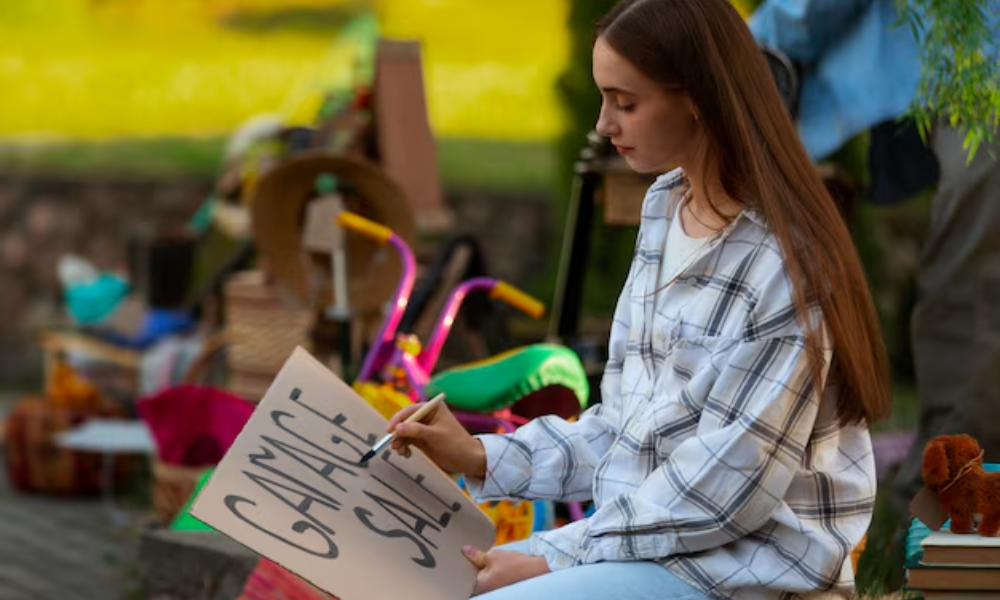
Modern pedagogy in Dehradun is deeply inspired by traditional practices, blending global methodologies with local wisdom.
Storytelling Traditions
Oral storytelling, a cherished tradition in Garhwali culture, finds a place in Dehradun’s schools. Teachers employ folk tales and local myths to:
- Enhance Creativity: By encouraging students to reimagine traditional tales in modern contexts.
- Instill Values: Stories often carry moral lessons, fostering ethical growth in students.
Experiential Learning Through Field Trips
Students are encouraged to explore:
- Cultural Landmarks: Visits to ancient temples and heritage sites like Tapkeshwar Temple provide insights into Dehradun’s spiritual and historical significance.
- Scientific Institutions: Field trips to the FRI and Wadia Institute of Himalayan Geology integrate cultural education with scientific learning.
Enhanced Strategy: Highlighting scientific institutions as cultural landmarks broadens the narrative.
The Influence on Extracurricular Activities
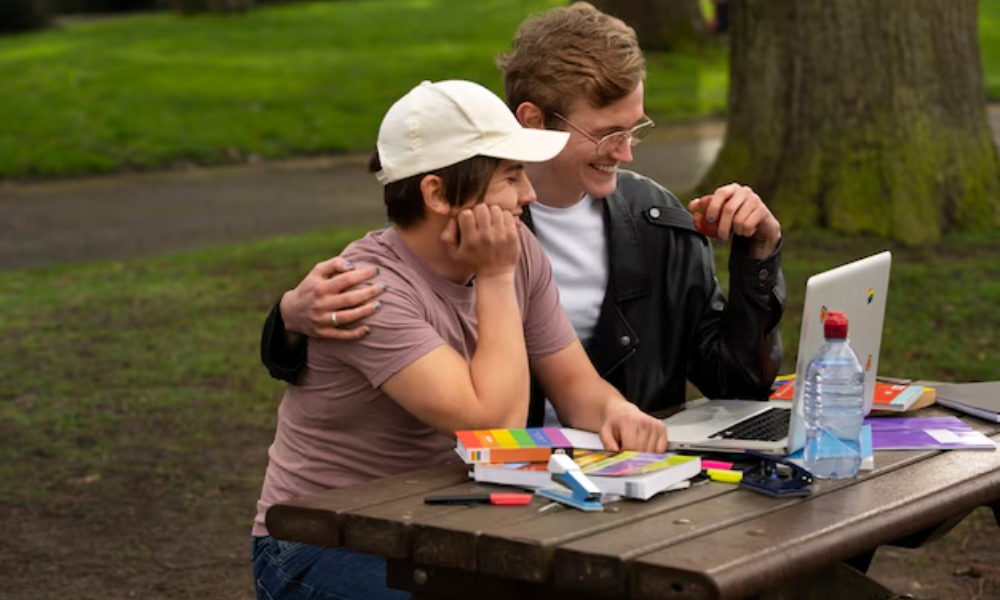
Extracurricular programs in Dehradun schools are often designed to reflect the region’s cultural identity.
Traditional Music and Dance
Students learn classical forms of Garhwali music and dances like:
- Langvir Nritya: A traditional acrobatic dance.
- Pandav Nritya: Folk performances narrating mythological tales.
Adventure Sports and Outdoor Education
Dehradun’s geographical advantage enables schools to incorporate:
- Trekking, camping, and river rafting into their extracurricular programs, fostering physical endurance and leadership skills.
- Eco-Tourism Projects: Collaborating with local organizations to promote sustainable tourism.
New Dimension: Linking adventure sports with eco-tourism elevates the educational significance of outdoor activities.
Why Dehradun Stands Out in School Education?
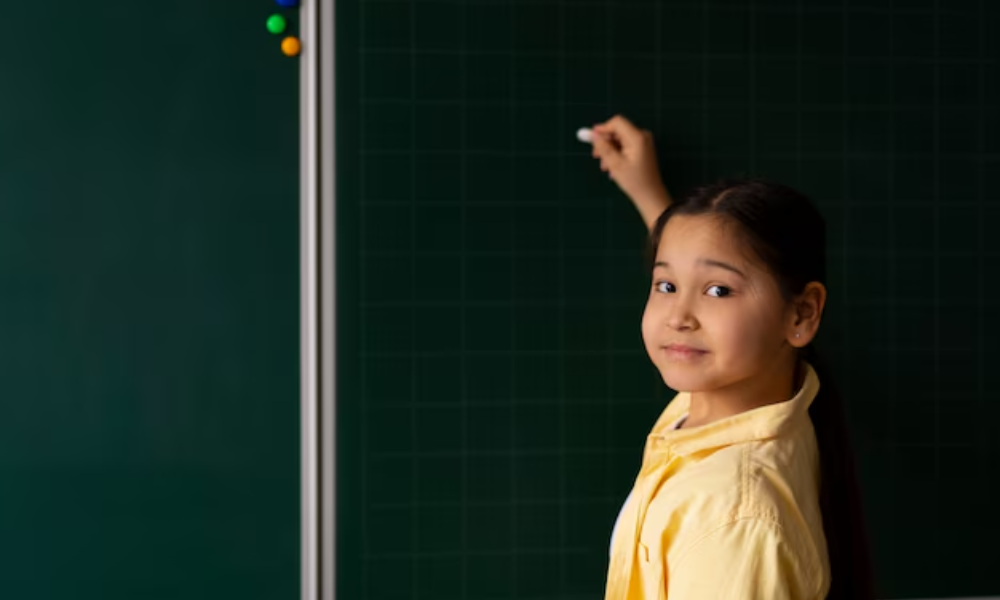
The city’s unique blend of cultural heritage and modern education offers numerous advantages, making it an ideal environment for students.
It fosters holistic development by providing a balanced exposure to academics, arts, and nature, ensuring well-rounded growth.
This immersive experience equips students with global readiness, as they develop a nuanced understanding of diversity through cultural exposure.
Moreover, the city’s natural beauty and tranquil lifestyle create a safe and nurturing environment that enhances the learning experience, aligning perfectly with modern educational preferences for holistic and globally aware education.
Conclusion
Dehradun’s rich cultural heritage is not just an accessory to its education system but a driving force that shapes its ethos. The city’s schools have mastered the art of combining traditional values with innovative learning techniques, ensuring students are equipped with both knowledge and character. For parents, teenagers, and college-goers seeking education rooted in culture yet forward-thinking in its approach, Dehradun remains unparalleled.






